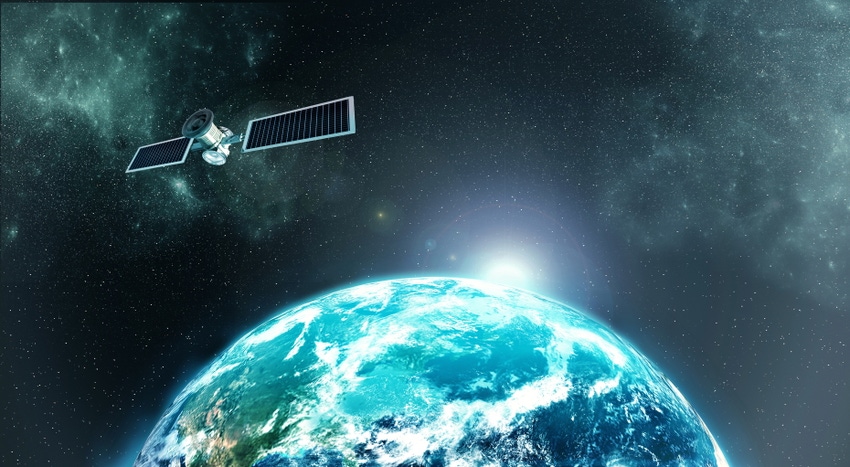Myriota has recently completed a Series B funding round led by Hostplus and Main Sequence Ventures, raising AUS$28 million in the process.
April 8, 2020

Myriota has recently completed a Series B funding round led by Hostplus and Main Sequence Ventures, raising AUS$28 million in the process.
Specialising in low-cost and low-power satellite connectivity for the Internet of Things (IoT) industry, Myriota has now raised AUS$50 million to date. The team can now list off several high-profile investors, including the South Australian Venture Capital Fund, Singtel Innov8 and Boeing HorizonX.
That said, the most interesting name on the list is former Prime Minister of Australia Malcolm Turnbull.
“This is a critical time for IoT. Presently, 90% of the Earth’s surface lacks connectivity,” said Myriota CEO Alex Grant. “At Myriota, we’ve been focused on filling that gap and overcoming constraints in existing infrastructure. With this new round of funding, we’ll continue to grow our network of satellites to deliver an affordable, environmentally friendly, and powerful solution to make data accessible for our global customer base.”
The business model for Myriota is to focus on segments of the IOT world which might be considered less interesting to other connectivity providers. These applications, such as keeping tabs on weather stations, are low yielding though Myriota could certainly carve itself a niche.
Myriota claims to have pioneered a new way to retrieve data from anywhere on Earth through the connectivity between its constellation of satellites and low-power IoT modules, enabling it to build a business designed for low-yielding segments of the technology world. However with a smaller constellation than other satellite companies, it will seemingly rule itself out for services and customers who rely on more time and data-intensive operations.
With the new funds, the Myriota management team has said it plans to increase its constellation of satellites to 25 by 2022, and to increase the headcount of the business by 50% over the same time.
About the Author(s)
You May Also Like








.png?width=300&auto=webp&quality=80&disable=upscale)


_1.jpg?width=300&auto=webp&quality=80&disable=upscale)


.png?width=800&auto=webp&quality=80&disable=upscale)